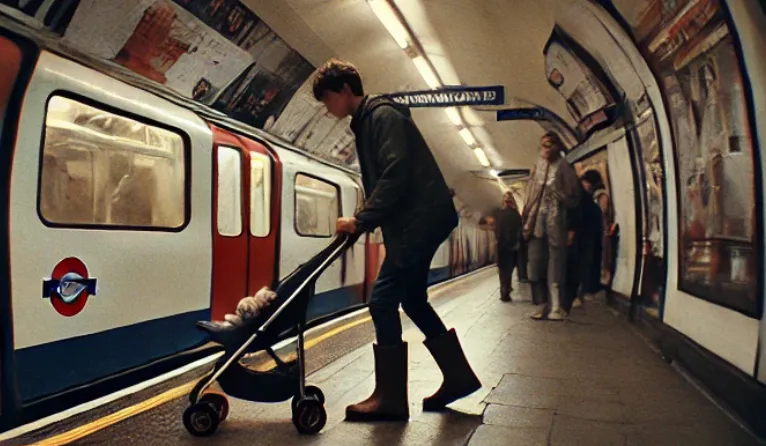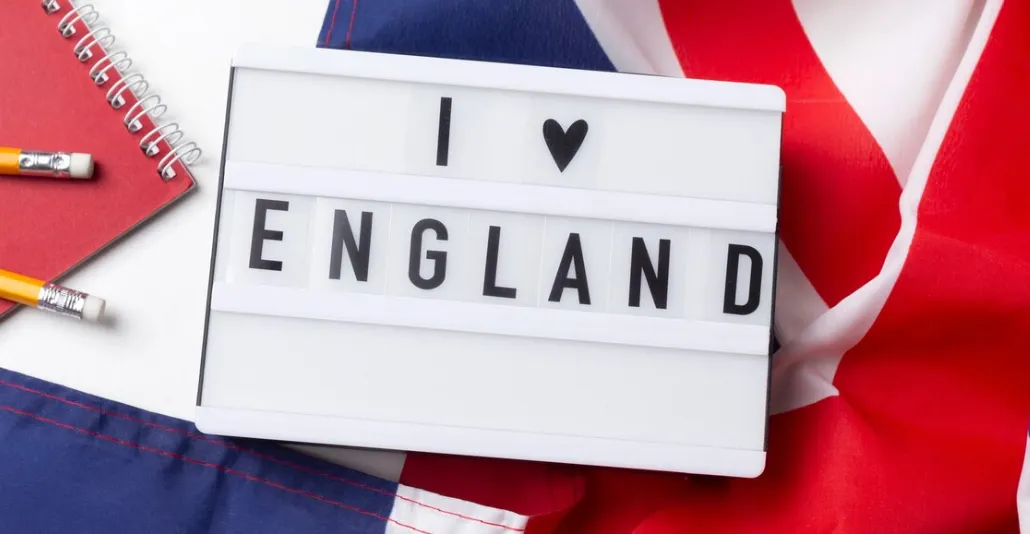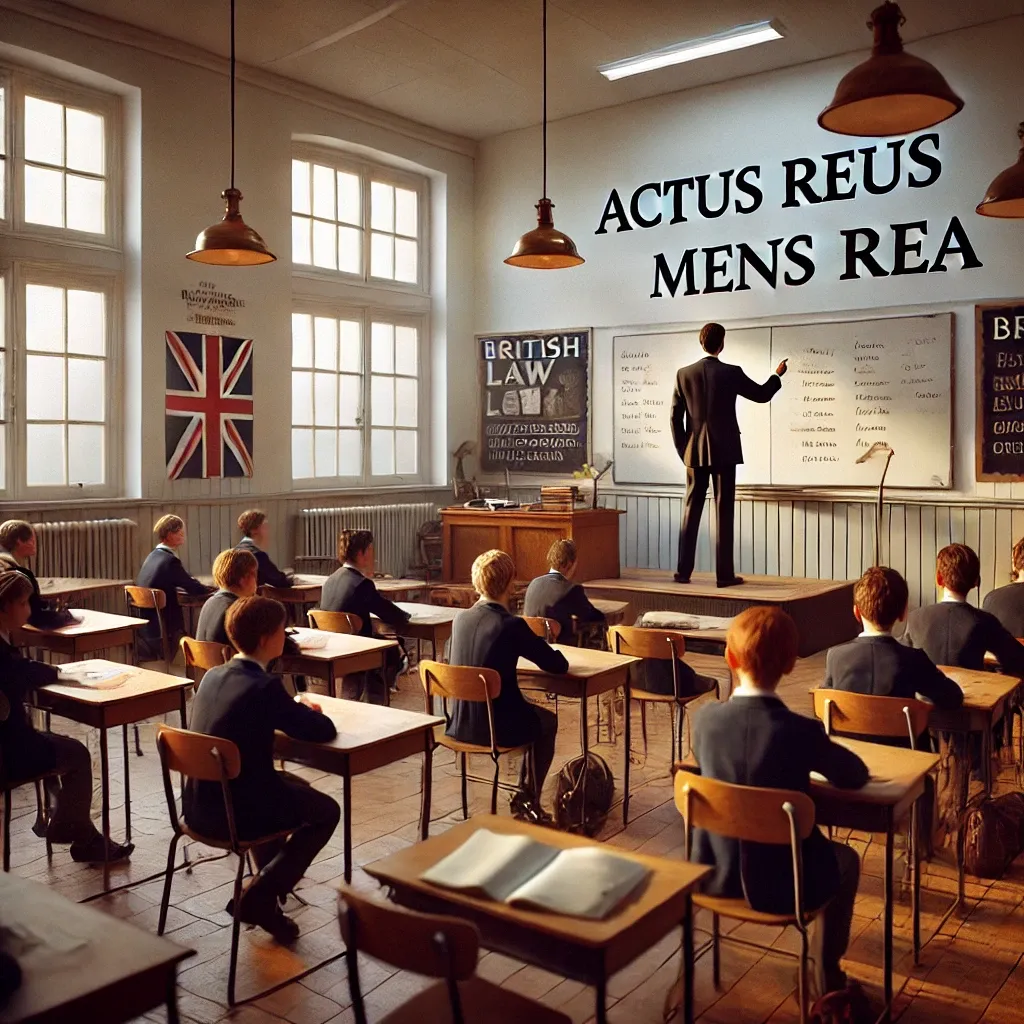Britishness, divided loyalties, and what we’ve forgotten.
Britishness, divided loyalties, and what we’ve forgotten.
It’s stoicism, it’s understatement, it’s fair play. It’s our willingness to laugh at ourselves, to carry on without fuss, to form a queue before there's even a sign. It’s found in muddy wellies, in Yorkshire tea brewed strong, in pubs after funerals where stories are swapped with tears and laughter in equal measure.
And let’s say it clearly, none of this is outdated. None of it is exclusionary. Britishness isn’t some museum piece to be observed behind glass, it’s a living identity that’s being tested like never before.
Nowhere is that test clearer than in the conversation about dual citizenship. It’s an uncomfortable truth, but it’s one we need to face. If you hold two passports, if your loyalties are split between Britain and another nation, are you truly British? Because citizenship, real citizenship, isn’t just paperwork. It’s not just a form you fill in or a passport you flash at customs. It’s a bond. A promise. A commitment.
And if that commitment is divided, then so is your allegiance.
We’ve seen the dangers. We’ve had citizens fighting for groups that wish Britain harm. We’ve had politicians who can’t say where their loyalty lies. That’s not just awkward, it’s dangerous. A nation needs unity, especially when the winds of the world are howling.
Some people flinch at this. They say we’re a “multicultural society”, that identity is “fluid”. But let’s be honest. National loyalty requires something solid. Something unshakeable. And if someone wants to live here, thrive here, raise their family here, then we should expect them to be British in more than name only.
And that brings us to migration, the elephant in the room.
Britain has a proud history of offering shelter to the oppressed, of opening its doors to those in need. From Huguenots to Hong Kongers, we’ve welcomed people from all corners of the globe. And in many cases, those people embraced our culture, contributed to our economy, and became proud Brits.
But we’ve lost our way.
Mass migration, unmanaged and unmeasured, has overwhelmed the system. We’ve gone from asking new arrivals to become part of Britain, to telling Brits to change Britain to suit the newcomers.
We don’t demand integration anymore, we tiptoe around it. We’re told it’s “racist” to ask why entire communities don’t speak English. “Bigoted” to question why British history is no longer taught in British schools. “Intolerant” to wonder why St George’s Day is ignored while every other cultural festival gets a parade. "Far-right to question why Whitechapel tube station carries the sign হোয়াইটচ্যাপেল স্টেশন.
This isn’t about skin colour, it’s about shared values. And if people come here, they must embrace what Britain stands for. Free speech. Fair play. Equality under the law. Respect for our institutions. If you don’t like those things, why come at all?
Because migration without integration is not enrichment, it’s division. You can’t have social cohesion when parts of the population reject the very nation they live in. You can’t build unity when British flags are burned in protest. You can’t preserve liberty when entire boroughs turn a blind eye to British law.
And the biggest insult of all, we’re told to apologise for even noticing.
Let’s stop being ashamed of our culture. Let’s stop apologising for our flag, our history, our sense of humour. Britain didn’t become one of the greatest nations on earth by hiding who we are. We did it by standing firm in the storm. By fighting tyranny, not fleeing from it. By inventing the rule of law, not dismantling it.
iWhy not us?
Ask yourself this, if you moved to Japan, or Saudi Arabia, or Russia, would they change their national values to suit you? Of course not. And nor should we. Because being British should mean something. It should be something you become, not something you consume.
If you come here, bring your family, build your life, and fly our flag with pride — welcome. Truly. That’s what Britishness is about. Fairness. Generosity. Inclusion, yes, but not on our knees.
What it’s not about is granting citizenship like a loyalty card, no questions asked. It’s not about letting people keep one foot in Britain and the other in a country that might oppose everything we stand for. And it’s certainly not about watering down who we are so we don’t upset someone.
Britishness isn’t toxic. It isn’t imperial. It isn’t some old-world fantasy. It’s real. It’s alive. And it’s under siege, not by outsiders, but by insiders who treat it like an embarrassment.
That needs to end.
We need leaders who defend our values. Teachers who teach our history without shame. Broadcasters who remember that “national” doesn’t mean “neutral”. And citizens, yes, citizens, who are proud to call themselves British first and foremost.
This isn’t about nostalgia. It’s about identity. It’s about belonging. It’s about the kind of country we want to be.
And here’s the truth, if you hold a second passport, no one’s saying burn it. But don’t expect the same rights, the same trust, the same responsibilities. Because dual loyalty is no loyalty at all.
Being British means being part of something. A nation. A tradition. A story that stretches back through Churchill and Shakespeare, through Windrush and Waterloo, through every victory and every hardship we’ve endured together.
We are the country that stood alone against Hitler, the country that built the NHS, the country that gave the world Magna Carta, parliament, and common sense. We are the land of roast dinners, muddy football pitches, and a thousand unsung heroes who quietly carry this country on their shoulders.
So no, we won’t stay quiet while our identity is scrubbed out. We won’t be lectured about our flag. We won’t apologise for loving this country.
We are British. And we’re not going anywhere.
https://x.com/lammie_j







